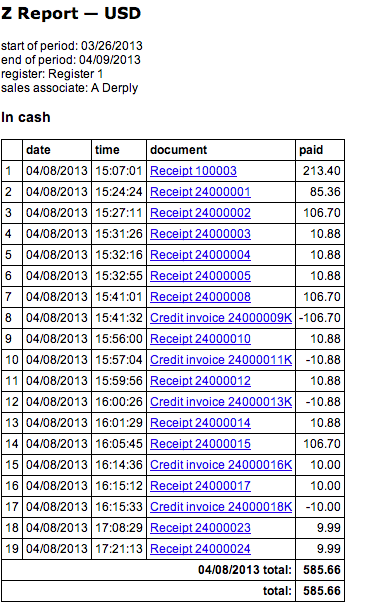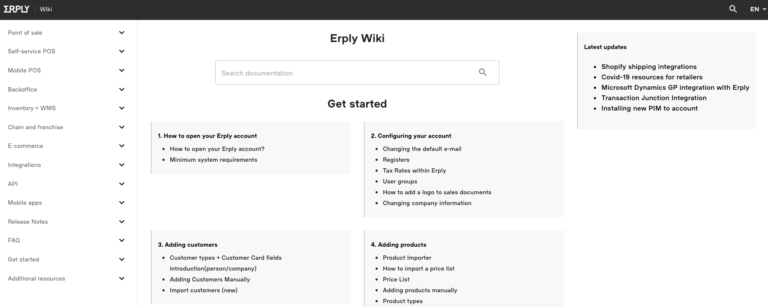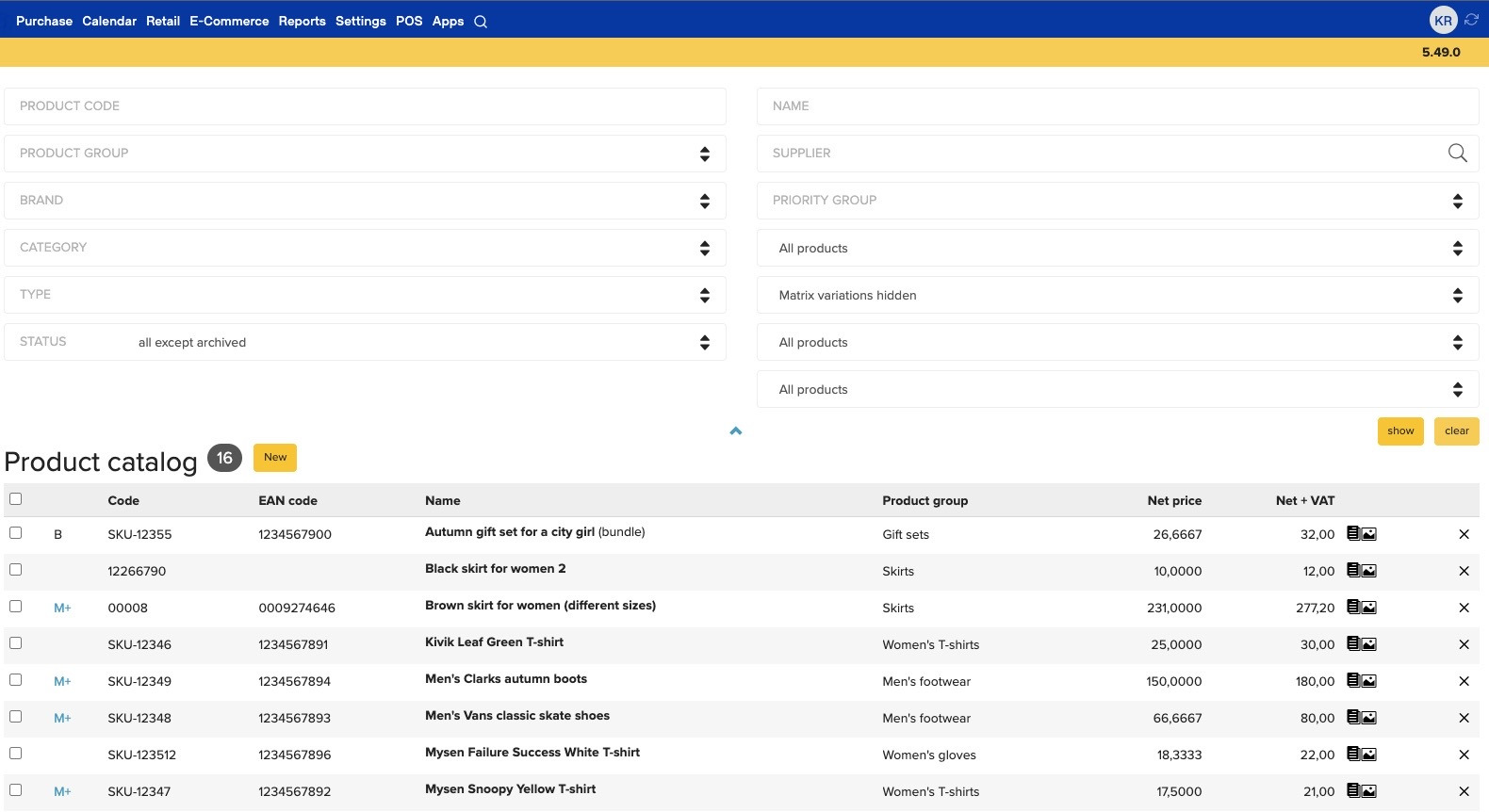There are a number of reasons why your cashier could be out of balance when it’s time to close out a register. For the most part, these discrepancies arise as a result of employees making simple mistakes and not catching them in time.
Here are some reasons why your numbers on your reports might to match up to the money in your drawer.
- Giving customers too much change
One of the main reasons why shortages occur is because cashiers end up overpaying customers. And while these cash discrepancies do happen from time to time, the good news is that the money missing is usually just a few cents to a dollar. For this reason, some stores give cashiers a little bit of flexibility, usually $0.50 to $1.00, if they come up short once in a blue moon.
- Not giving customers enough change
Did you know that having an overage in the drawer is just as bad as having a shortage? This is because more often than not, overages are a result of the cashier not giving the customer sufficient change. Overages are especially bad because of the negative impact they can have on your brand reputation. Not do you run the risk of an unhappy customer never shopping at your store again, they might also post about their experience getting shortchanged on social media.
- Entering incorrect payment methods
Another factor that can cause the cashier to end their shift out of balance is entering the wrong payment type. This is especially common among stores that use Point-of-Sale systems that require the cashier to manually enter whether the product was paid for with cash, credit and debit cards, or with gift cards and certificates where one careless error could give the register a significant overage or shortage. While these mistakes can be incredibly frustrating, the good news is that the money isn’t really missing. And with a little bit of investigating, managers are usually able to spot the problem and correct it.
- Not handling returns properly
Not following the proper return protocol can also cause a lot of problems when it comes to end-of-shift reporting, especially in instances where customers choose cash back instead of exchanging an item or taking store credit. In fact, mishandling returns can cause a lot of problems with the inventory as well as cash discrepancies in the drawer, which it’s always a good idea to make sure that only well-trained and experienced employees are allowed to handle returns.
- Theft
The last major cause of cash shortages is theft.
While managers shouldn’t be quick to accuse cashiers of theft at the first sign of a shortage, there are instances where employees do steal from the drawer. As soon as you notice money regularly missing at the end of a shift, you’ll want to conduct an investigation to see whether someone is stealing from you.
A Good POS System Can Help Prevent These Mistakes from Growing
When managing a number of employees, there’s always the likelihood that a cashier will make a careless mistake that affects the end-of-day report or inventory. And as long as people are working in the stores, taking inventory, and managing money, you’re to need to account for human error from time to time.
With that said, cash discrepancies are a serious issue. Even when the money isn’t actually missing, managers still end up spending a lot of time reading receipts or going through data to track down mistakes and fix them – and that’s time that could’ve been spent doing more productive things. Additionally, there’s not much that managers can do to reduce the likelihood of human error outside of better training and limiting one person to a cash register at a time.
Erply’s z-report provides clickable data on each transaction, so you can drill down to review any discrepancies.
The good news is that the technology used to manage inventory, record transactions, and keep track of the store’s money has come a long way. In fact, a good POS system comes built with a number of internal controls designed to safeguard against careless mistakes that cause reporting discrepancies or actually do cost the store money. And while these systems can’t completely eliminate the likelihood of employees making errors, they can help you identify and fix the mistakes before they snowball into bigger, more time-consuming problems.
Here are some helpful features to look for in a POS system to help you manage your store’s money and its inventory more efficiently:
- Real-time sales tracking: A system that records sales as they happen and makes it easy to look up past transactions can help with tracking down and solving discrepancies.
- Remote access: POS systems with integrated cloud technology make it easy to track sales and look up reports anywhere and anytime with the touch of a button.
- Easier-to-use interface: A good POS system should have an intuitive design that’s easy to figure out. That way, employees are far less likely to make a mistake or press the wrong button when processing payments or handling returns.
- Employee tracking and reporting: Keeping track of employee activity can help you spot errors more quickly. Along with helping store managers keep an eye on employees suspected of dishonest behavior, being able to track your employees lets you get an idea of who is making mistakes and why – and that can help you to train the employee and prevent the same mistakes from occurring in the future.
Get a System That Does It All
If you’re looking for a software solution that helps you minimize employee error and reduce the likelihood of shortages and overages, Erply can help. More than just a POS system, Erply is a comprehensive retail software platform that helps with in-store management as well as tracking sales, improving marketing strategies, and managing inventory at individual locations or across entire franchise chains.
Sign Up











